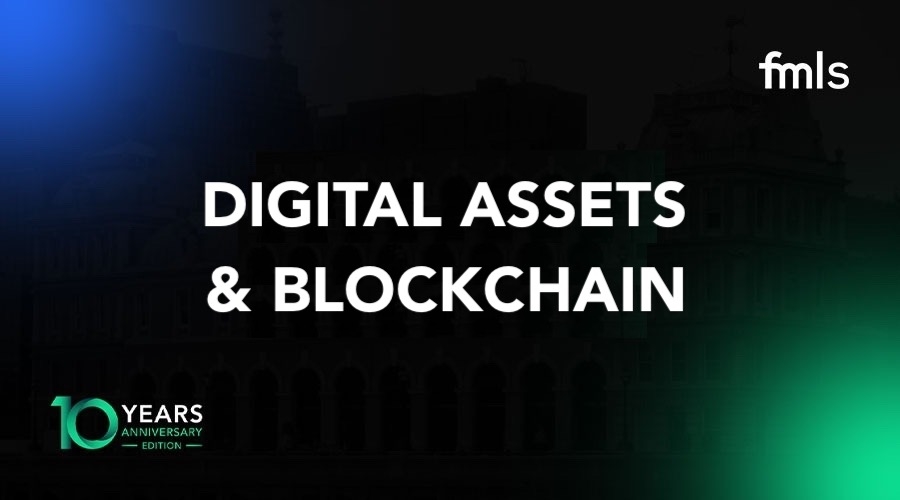[ad_1]

As individuals all around the globe have change into more and more conscious of their privateness rights and the way they’re consistently being violated by varied outstanding social media platforms, the necessity for tangible, decentralized alternate options has continued to develop quickly.
For perspective, in 2019, Fb was ordered to pay a mind-boggling $5-billion high-quality by the US Federal Commerce Fee for improperly buying non-public knowledge of as much as 87 million of its customers. Only a 12 months later, the social media big needed to shell out one other $550 million to settle a privateness lawsuit that urged that the agency had illegally accrued buyer knowledge (together with their biometric and private particulars) with out their express consent.
Such violations have helped spur the necessity for transparency-driven social media providers, significantly decentralized messengers, that present their customers with a excessive diploma of knowledge safety. On this regard, the brand new quantum-resistant, privacy-centric messaging app XX Messenger — developed by cryptographer David Chaum — not too long ago made its means into the market. The app boasts a globally decentralized community of 350 nodes, with every operator incomes the platform’s native XX Coin as an incentive for his or her efforts.
A quantum-resistant messenger would have the opportunity to withstand most presently identified strategies of decryption, theoretically guarding towards the potential for a quantum laptop used to crack right into a person’s communications.
The incentives for blockchain-based messengers
Man Goldenberg, CEO of MultiNFT — a metaverse-based social media community — instructed Cointelegraph that the necessity for decentralized messaging providers is pushed by two key accelerating components: customers in search of censorship-resistant functions, and a scarcity of belief in centralized suppliers in relation to privateness and knowledge safety. He stated:
“Customers are exhibiting a rising concern in relation to their freedom of speech and the possession of their knowledge rights recently, and with the assistance of decentralized chat apps, the answer appears to be proper across the nook — platforms which can be owned by the customers and never by a small group of executives, the place no single celebration can management opinions or censor members.”
Scott Cunningham, an unbiased blockchain analyst and social media influencer, instructed Cointelegraph that the core proposition put forth by decentralized messaging platforms is that they supply customers with end-to-end encrypted options that guarantee shopper anonymity in addition to a excessive diploma of privateness. To strengthen his case, he shared a current disagreeable expertise with Fb’s Messenger:
“I despatched a be aware to myself [meant to be read later by me] solely to search out that Fb is monitoring messages to myself and eliminated it as a result of a group violation. As soon as somebody experiences firsthand that all the pieces they are saying is being tracked and evaluated in real-time, they’ll really feel extra compelled to maneuver.”
The drawbacks are fairly actual
Whereas a decentralized messenger may theoretically protect the privateness of the lots, blockchain expertise in itself might be a barrier to adoption.
Ingo Rübe, founding father of blockchain-based id community Kilt Protocol, famous that decentralized messengers want real-time relay and storage capabilities, as it’s fairly unrealistic for receivers to be on-line every time somebody sends them a textual content. “A potential resolution could be to make use of random single blockchain nodes as relays, nevertheless it could be unreliable,” he admitted.
Goldenberg stated that the usage of blockchain tech poses additional issues in relation to community upgrades. “Updates on blockchain programs are very hardly ever backwards suitable and may typically current points {that a} product might not be capable of survive,” Goldenberg added.
Yung Beef, content material lead and group supervisor at Subsocial — a Polkadot-based platform for launching decentralized social networks — instructed Cointelegraph that one of many greatest limitations is transaction charges, including:
“We’re already struggling sufficient with making a social networking platform that has transaction charges, and with how a lot individuals message one another, I’m unsure that it could ever actually be possible.”
Whereas he admitted that Subsocial is actively in search of methods via which to implement a personal messaging module, the challenges are fairly drastic, making the imaginative and prescient a little bit of a pipedream. “We’re engaged on a method to lock SUB [the platform’s native crypto token] to get a sure variety of free transactions a day, however that also doesn’t resolve the issue of some individuals sending 1000’s of messages a day,” he added.
The same sentiment was echoed by Rübe, who instructed Cointelegraph {that a} decentralized messaging service could be confronted with a number of challenges from the get-go, beginning with the truth that it could be pricey to place messages on a blockchain. Even when they did make their means onto a community, they’d not be very safe as a result of it could be fairly straightforward for anybody with entry to the system to learn them.
Alexander Klus, founding father of Creaton — a decentralized content material sharing platform — instructed Cointelegraph {that a} absolutely purposeful, viable blockchain messenger is a really onerous drawback to resolve, declaring that present platforms comparable to Etherscan’s messaging service are fairly centralized. Even Standing, the official Ethereum messenger, accommodates a point of centralization with a view to scale higher, he stated, including:
“Selecting a platform like Sign as a messaging platform could be greatest, because it has excellent encryption. Additionally, permanence when it comes to messaging isn’t a giant deal or one thing most customers don’t even need anyway.”
One other main drawback is adoption since most decentralized merchandise that presently exist inside this realm merely can’t compete with the giants they’re up towards comparable to Telegram, WhatsApp and WeChat. Goldenberg acknowledged:
“Customers have a routine means of doing issues, and new platforms want a viral accelerator for adoption as a result of they require large migration, which is nearly not potential. You see, for a chat utility to be helpful, you want all (or most of) your contacts to make use of it, and that takes time, advertising and marketing and willingness.”
Is there any center floor to be discovered?
Whereas well-liked privacy-oriented apps, together with Sign and Telegram, declare to strategy person privateness with a substantial amount of care, making use of end-to-end encryption or client-server encryption, the previous is just as safe as its coding. On this regard, Chaum identified that messages from these platforms can nonetheless theoretically be compromised and decoded by a robust laptop in the event that they haven’t been deleted completely.
Due to this fact, shifting ahead, it will likely be attention-grabbing to see whether or not builders are capable of provide you with blockchain-powered messaging providers that provide the identical diploma of purposeful and operational flexibility as their centralized counterparts whereas with the ability to sort out the problem of excessive transaction charges in a long-term and sensible method.
[ad_2]
Source link







/GettyImages-835976568-74bf00086a4d4dc7a14a477223052519.jpg)








